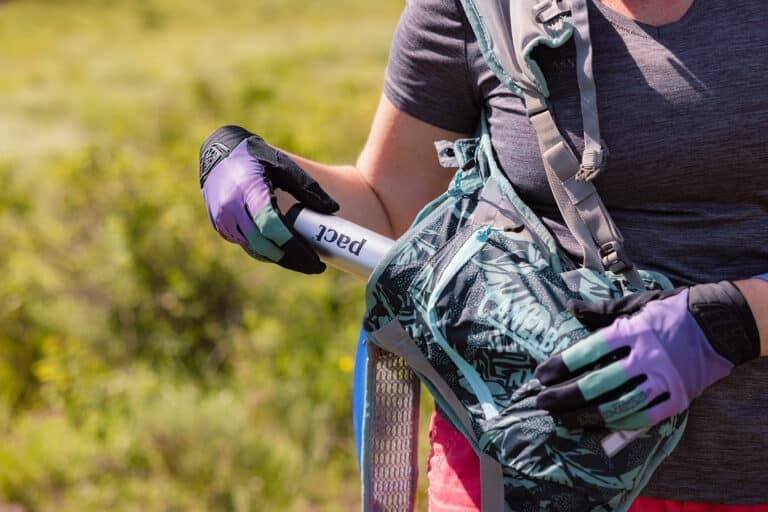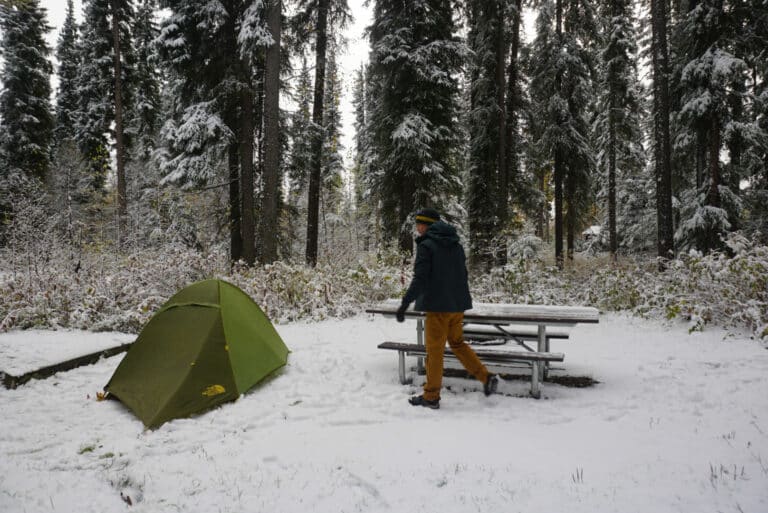Dear EarthTalk: Where do the leading presidential candidates stand on the issue of climate change and other environmental issues? — Max S., Seattle, WA
The outcome of the 2008 presidential election could very well have a big impact on a wide range of environmental issues, especially climate change.
All of the Democratic candidates—Hillary Clinton, Barack Obama, John Edwards, Bill Richardson and Dennis Kucinich—support reducing carbon dioxide emissions nationally upwards of 80 percent by 2050 in order to stave off global warming. Likewise, each would like to see fuel efficiency standards for cars and light trucks raised to at least 40 miles per gallon within the next few decades. Meanwhile, only one of the major Republican contenders, John McCain, has even articulated a position on the issue of global warming, with most favoring expanding our base of greenhouse gas-spewing coal-fired power plants.
As for specific track records, Clinton has an impressive record of introducing pro-environment legislation into Congress, and for her time in the Senate scores a 90 (out of 100) on green voting from the nonprofit, non-partisan League of Conservation Voters (LCV). Obama is newer to the politics of the environment, but scored a 96 for his two years in the Senate from LCV, and has garnered kudos from environmental leaders for the aggressive climate and energy plan he unveiled in October 2007.
Ohio Congressman Dennis Kucinich wants to launch a Works Green Administration similar to the Works Progress Administration of the Great Depression, only this time to benefit the environment through the development of alternative energy technologies and infrastructures. Bill Richardson, who served as Secretary of Energy under Bill Clinton and more recently as governor of New Mexico, wants to be the “energy president,” and has an 82 lifetime rating from LCV to back it up. He has proposed the most ambitious carbon reduction plan of any of the candidates (90 percent by 2050). John Edwards was the first candidate to make his campaign carbon neutral in March 2007, and greens consider him perhaps the most progressive of all the Democrats on the climate issue.
On the Republican side, the environmental bright spots are few and far between. McCain is really the only choice with any declared concern for the environment. In 2003 he co-sponsored the first Senate bill aimed at mandatory economy-wide reductions. While the bill didn’t garner enough votes to pass, it set the stage for future iterations that could put the U.S. on par with European nations as leaders in the fight to cut carbon emissions. McCain is also the only Republican candidate specifically opposed to drilling for oil in the Arctic National Wildlife Refuge.
Mike Huckabee scores some points with greens for his willingness to consider a specific increase in automotive fuel efficiency standards and for his (limited) embrace of alternative energy. Mitt Romney is willing to consider a cap on emissions, but only if enacted on a global basis (including China and India, that is). The remaining Republicans (Rudy Giuliani, Fred Thompson and Ron Paul) have best been non-committal on climate change and environmental issues in general.
CONTACT: For more detailed information on specific candidates’ positions and track records on environmental issues, check out the League of Conservation Voters’ Voter Guide, www.lcv.org/voterguide.
——————–
Dear EarthTalk: Most of us know how to recycle paper, plastic and glass, but how do we find out about recycling the many other items we use that eventually break or die out, such as light bulbs, disposable batteries, portable electronics, and so on? — Elizabeth Lauer, via e-mail
It’s true that recycling items other than paper, plastic and glass is still no easy task. But if you’re committed to unloading something without adding it to a landfill, a little research can go a long way. Fortunately there are some great resources out there to help.
One of the best is a May 2006 article published in E – The Environmental Magazine by Sally Deneen entitled “How to Recycle Practically Anything.” Besides debunking myths about the ineffectiveness of municipal recycling programs, Deneen outlines where and how to recycle dozens of different types of household items not typically picked up by the recycling truck at your curbside.
Regarding compact fluorescent light bulbs (CFLs)—which shouldn’t be thrown in the trash as they contain trace amounts of the toxic heavy metal mercury—Deneen recommends first checking with your local household hazardous waste disposal facility to see if they will take them for recycling. If not, many hardware stores will take back spent CFLs. If none of these options pans out, a free online listing of companies that recycle CFLs can be found at the lampecycle.org website.
As for disposable batteries, Deneen says they, too, can usually be dropped off at municipal hazardous waste facilities, where they will be disassembled and their parts recycled for use in other products. If such facilities in your area won’t take them, some local or national retailers (such as Walgreen’s in some areas and Batteries Plus nationwide) may—just call and ask. Another option is to pay for the privilege by sending them to Battery Solutions, a mail-order company that will recycle them for 85 cents per pound.
Another common question is how to recycle (or at least responsibly dispose of) portable electronics—cell phones, video games, MP3 players, etc.—given that they usually contain heavy metals and chemicals that can pollute soils and groundwater. Deneen recommends dropping them off at your local Staples, Office Depot or Radio Shack store, which should take them back free of charge even if you didn’t buy them there. Another option would be shipping the worn out items to CollectiveGood (4508 Bibb Boulevard, Tucker, GA 30084), which will recycle them and donate the proceeds to the charity of your choice.
If you’re stumped about how or where to recycle an item, check out the Earth911.org website. It offers a free keyword-searchable, zip code-based database of municipal and commercial recycling and hazardous waste disposal facilities across the United States. The frequently updated database, which is funded by the U.S. Environmental Protection Agency as well as state governments and several non-profits, can also direct you to the proper municipal facility or local business to off-load potentially toxic items, like old tires or unused paint, in a safe and responsible manner. If you don’t have handy Internet access, give Earth911’s toll-free telephone hotline a call at 1-800-CLEANUP.
CONTACTS: “How to Recycle Practically Anything,” www.emagazine.com/view/?3172; LampRecycle.org, www.lamprecycle.org; Battery Solutions, www.batteryrecycling.com; CollectiveGood, www.collectivegood.com; Earth911.org, www.earth911.org.







